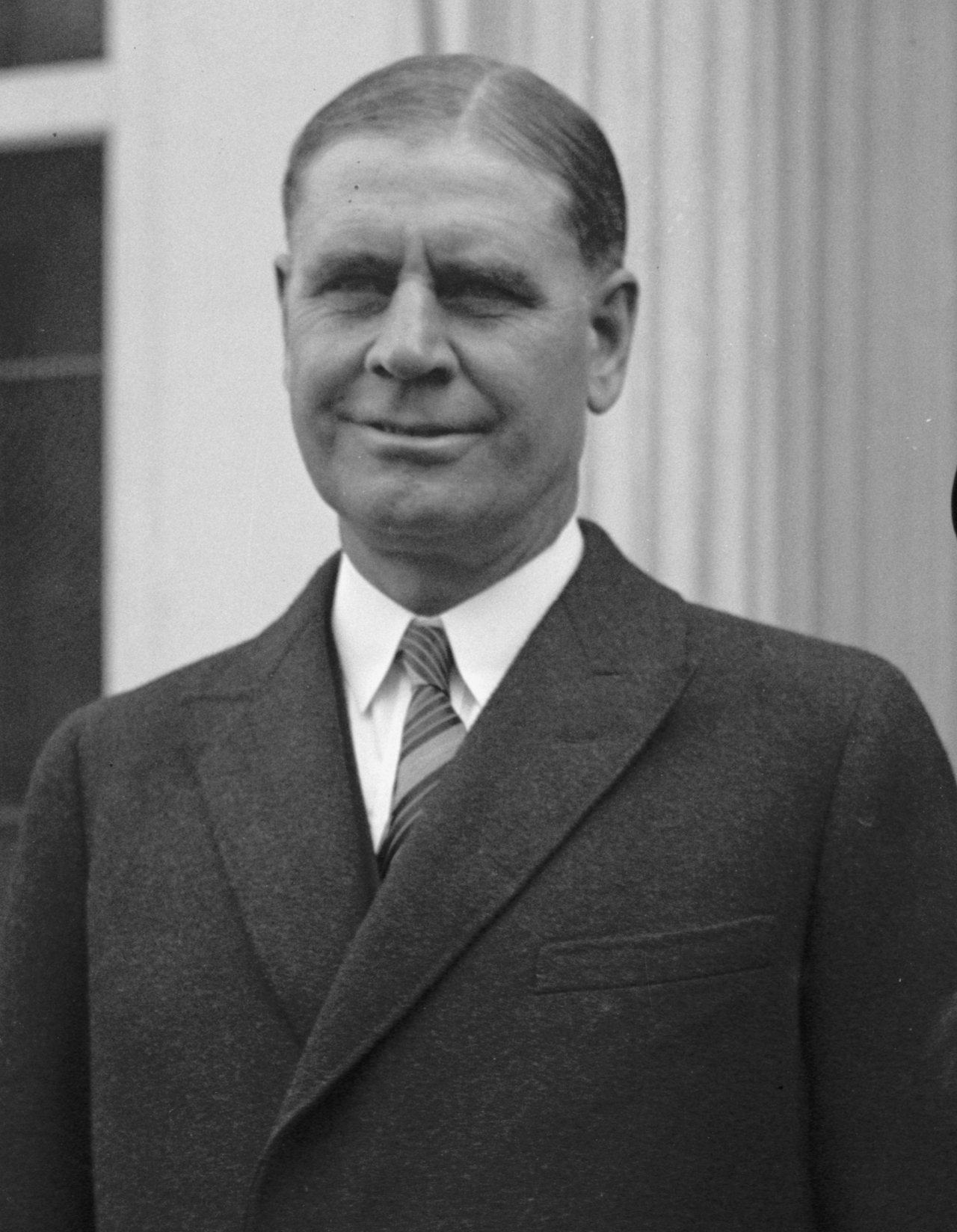Get Today in Masonic History into your Inbox. Sign up today for one of our email lists!
Need an article for your Trestleboard/Newsletter see our Use Policy
George Henry Dern Passes Away

Today in Masonic History George Henry Dern passes away in 1936.
George Henry Dern was an American politician.
Dern was born on September 8th, 1872 in Dodge County, Nebraska. He graduated from Fremont Normal College of Midland University in 1888. He went to attend the University of Nebraska in 1893 and 1894.
In 1894, Dern moved with his family when they moved to Salt Lake City, Utah. There he went to work with the Mercur Gold Mining and Milling Company where his father was President. He moved up quickly from bookkeeper to Company Treasurer. In 1901 he was promoted to General Manager of the company. Dern was the co-inventor of the Holt-Dern roaster, a furnace for carrying out the Holt-Christenson roasting process, a technique for recovering silver from low-grade ores.
Dern entered politics in 1914 when he ran for the Utah State Senate on a Democratic and Progressive fusion ticket. He served until 1923. In 1924 he received the Democratic nomination for Governor. He was later in the campaign endorsed by the Utah Progressive party. His Republican opponent was incumbent Governor Charles R. Mabey. He used a catch campaign slogan which was "We want a Dern good governor, and we don't mean Mabey." Despite the strong Republican base in the state made up largely of Mormons, Dern won the Governor’s office by almost 10,000 votes.
Dern had a knack for reaching across the aisle to the Republicans, a necessity when the Republican Party won all the other statewide offices in the election. In 1928, he won reelection by more than 30,000 votes. During his second term he was also the chair of the National Governor’s Association.
It was during his time with the National Governor’s Association Dern first worked with then New York Governor, Franklin Delano Roosevelt. Roosevelt was impressed with Dern and appointed him to a cabinet position after being elected President. Roosevelt wanted to appoint Dern as Secretary of the Interior, instead Dern was appointed as the Secretary of War.
As Secretary of War, Dern oversaw the War Department during a largely insignificant period. Because of the Depression, the budget for the military was greatly reduced. On top of budget issues, the mood of the country was of isolationism. Despite these facts Dern initiated a five-year plan to equip the army with newer airplanes, more tanks, semiautomatic rifles, and modernized artillery. He also investigated charges of lobbying in War Department. This led to charges and dismissal of two high ranking Army officers.
Under the War Department during Dern’s tenure was the Civilian Conservation Corps (CCC). The War Department provided the CCC with food, clothing, transportation, and medical care for 300,000 unemployed who joined its ranks for work in the preservation and conservation of America's public lands. The Army Corps of Engineers also began several projects in including the Bonneville Lock and Dam on the Columbia River, the Fort Peck Dam on the Missouri River and the “Quoddy” Dam Project in Passamaquoddy Bay between Maine in the United States and New Brunswick, Canada.
Dern passed away while in office from complications with his kidneys and heart due to Influenza. He passed away on August 27th, 1936. Dern is the grandfather of actor Bruce Dern and great-grandfather of Laura Dern.
Dern was a member of Wasatch Lodge No. 1 in Salt Lake City, Utah. It is reported he was a Royal Arch Mason, a Knight Templar and the Shrine. He received his 33° in 1927 from the Ancient Accepted Scottish Rite, Southern Masonic Jurisdiction.
This article provided by Brother Eric C. Steele.

